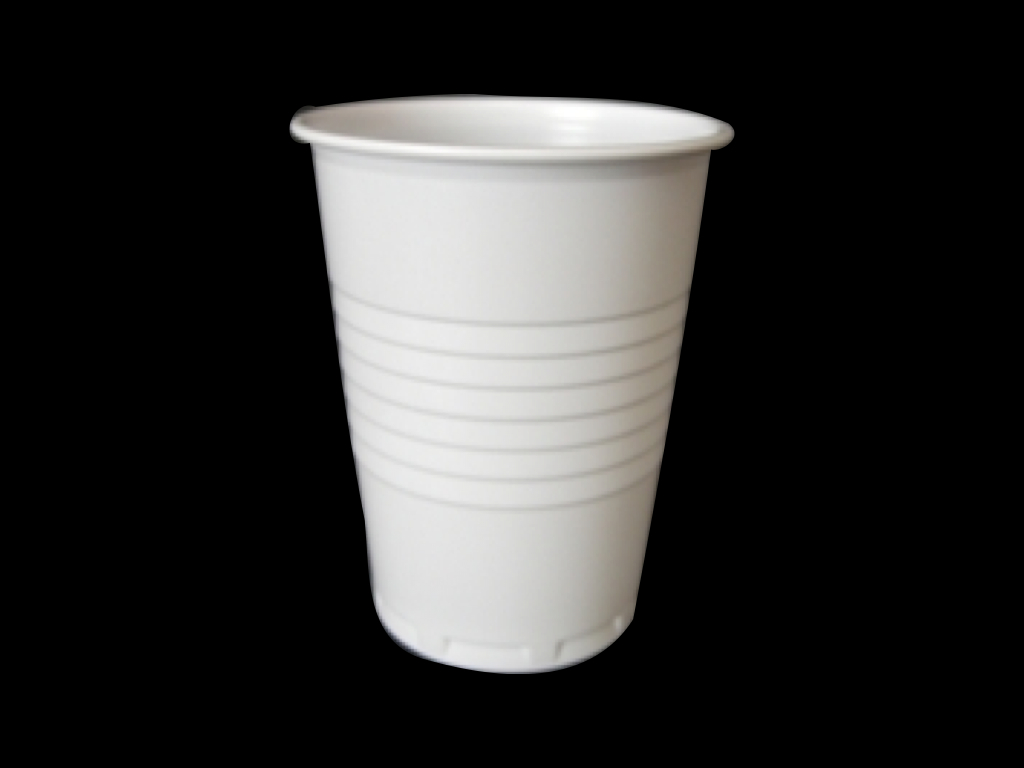Will our plastic world collapse?
 Sunday, October 11, 2015 at 07:03AM
Sunday, October 11, 2015 at 07:03AM We’ve had plastics for more than a century. In that time we have identified an ever-expanding list of uses for them and a forever increasing number of different types (although not necessarily in that order). One of the most important practical characteristics of most plastics is that they last. Plastics are not easily damaged by water or air. Microorganisms do not commonly – or readily - break down plastics either and that is a problem.
From the myriad of common plastic items comes a tide of refuse. Shopping bags, food wrappers, drinking straws, soft drink bottles and cosmetic microbeads are distributed far and wide by people water and wind.
None us have never known a time without plastics, but a little over a hundred years is not even a blink of an eye in evolutionary time. Microorganisms simply have not had time (and perhaps reason) to evolve ways of breaking down the vast bulk of plastics. Microorganisms, however, reproduce quickly and there is more some evidence that things might be changing. More . . .

Reader Comments